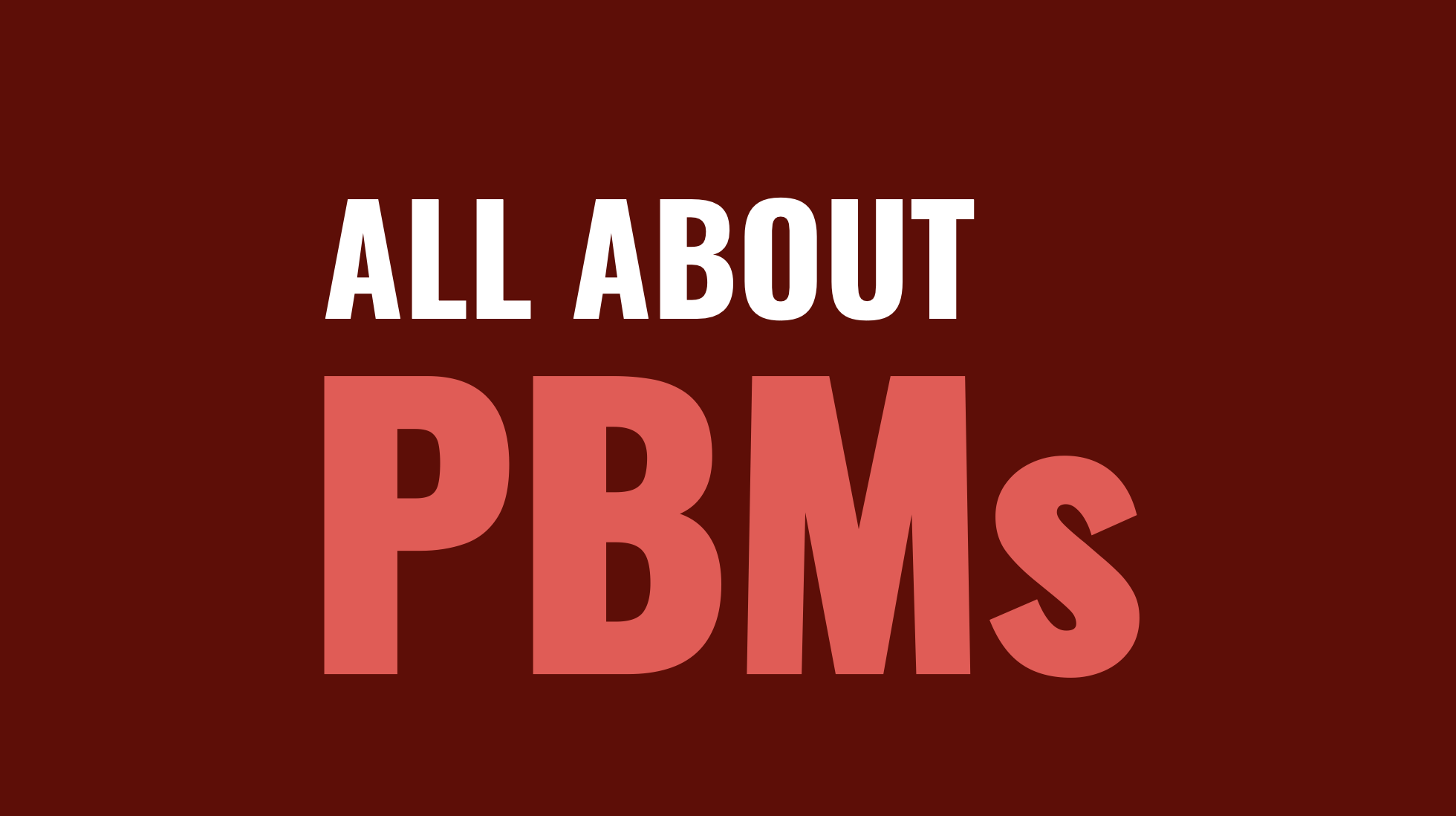A team of experts from Johns Hopkins, Georgetown, and the University of Utah recently conducted in study into Pharmacy Benefit Managers (PBMs) and the prescription drug industry.
Their findings should be required reading for all lawmakers.
Specifically, the research investigates what kinds of policies, if any, legislatures should pursue around PBMs to serve the public and lower drug costs.
The study finds that policies significantly weakening PBMs, or subjecting then to overregulation, may only benefit patients “if pharmaceutical manufacturers, wholesalers, and pharmacies are willing to offer lower prices” on their own.
That means, for example, if lawmakers in North Carolina were to pass laws overregulating PBMs, then the only way consumers would see lower drug costs is if Big Pharma decided to cut prices themselves.
And we all know Big Pharma deciding to suddenly take less money seems unlikely.
The study goes on to find that many state-level PBM bills have been “narrowly crafted to serve the financial interests of pharmacies” and as a result, there is “no reason to expect that such legislation would lead to savings for patients or the health care system.”
North Carolina is no exception.
Legislation has been proposed at the General Assembly that would dramatically increase dispensing fees and mandate payment levels that would incentivize higher drug costs.
While the legislation passed the House, it did not pass the Senate and did not become law.
Still, there is a strong likelihood that the special interest supporting the bill will have it introduced again.
When that happens, lawmakers should listen to the experts: these misguided policies will hurt patients and raise drug costs.






.jpeg)

